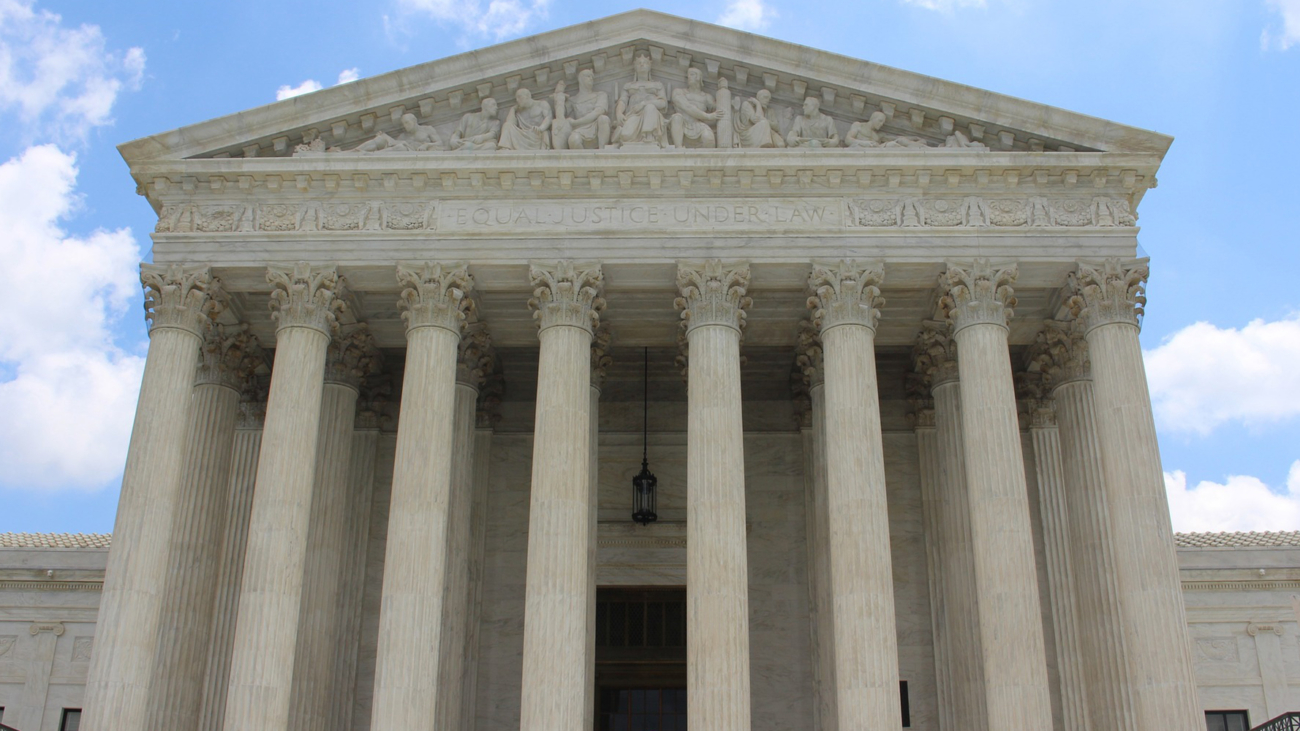For years, FCPA defense has seemed like an exercise in futility because the Government continues to view the FCPA as a limitless enforcement tool for punishing bribery of foreign officials anywhere in the world even when the nexus to the United States is, at best, tenuous and, at worst, invisible. It is undeniable, for example, that many of the theories espoused by the Government remain untested by federal courts, are not based on any binding legal precedent (e.g. 2012 Resource Guide), and do not necessarily concern conduct that Congress originally contemplated in enacting the FCPA. In fact, due to the absence of FCPA jurisprudence, prosecutors seem to believe that plea agreements and corporate resolutions somehow represent FCPA precedent and that their interpretation of the FCPA must be correct if a corporate defendant or individual is willing to agree to that interpretation of the FCPA in a factual proffer.
Recently though, FCPA defense lawyers have challenged the Government’s broad theories of FCPA liability. Most notably, in August of last year, the Second Circuit Court of Appeals decided United States v. Hoskins. The court in Hoskins was posed with the following question – “can a person be guilty as an accomplice or a co-conspirator for an FCPA crime that he or she is incapable committing as a principal?”. The court answered no and, in doing so, rejected the U.S. Department of Justice’s (DOJ) theory of FCPA liability.
More specifically, in Hoskins, the DOJ brought charges against Lawrence Hoskins, a former British citizen based in France, who worked for a U.K. subsidiary of the French company Alstom S.A (Alstom). The DOJ charged Hoskins with conspiring to violate the FCPA based on its longstanding theory that if the DOJ has jurisdiction over one conspirator, it has jurisdiction over all-co-conspirators. Hoskins never worked for Alstom’s American subsidiary in any direct capacity and never traveled to the U.S during the scheme.Yet, the government alleged that Hoskins approved the selection of and authorized payments to consultants knowing that a portion of the money was intended to influence Indonesian officials.
In August 2015, Hoskins filed a motion to dismiss the indictment and argued that Hoskins could not be convicted of conspiring to violate the FCPA unless Hoskins was in one of the three categories of persons whom could be directly liable under the FCPA. The trial court agreed and dismissed the indictment.
On appeal, the Second Circuit reviewed the FCPA and the legislative history of the FCPA and concluded:
…The carefully tailored text of the statute, read against the backdrop of a well-established principle that U.S. law does not apply extraterritorially without express congressional authorization and a legislative history reflecting that Congress drew lines in the FCPA out of specific concern about the scope of extraterritorial application of the statute, persuades us that Congress did not intend for persons outside of the scope of the statute’s carefully delimited categories to be subject to conspiracy or complicity liability.
More significantly, the court’s holding debunks the government’s assertion in their 2012 Resource Guide which states:
Individuals and companies, including foreign nationals and companies, may also be liable for conspiring to violate the FCPA—i.e., for agreeing to commit an FCPA violation—even if they are not, or could not be, independently charged with a substantive FCPA violation.
Ultimately, Hoskins is a significant blow to the DOJ’s expansive view of the jurisdictional reach of the FCPA and provides a crucial judicial check on prosecutorial theories seeking to extend the jurisdictional reach of the FCPA much farther than Congress ever contemplated. Hoskins also provides a critical FCPA defense for non-resident foreign nationals subject to FCPA scrutiny, it supplies significant guidance to foreign nationals in future DOJ prosecutions and enforcement actions, and, most importantly, reinforces the importance of challenging broad DOJ approaches to FCPA liability in federal courts.
The Firm focuses on FCPA defense and has represented a variety of individuals, especially in Latin America, in FCPA defense investigations including in the FIFA and Odebrecht investigations.



